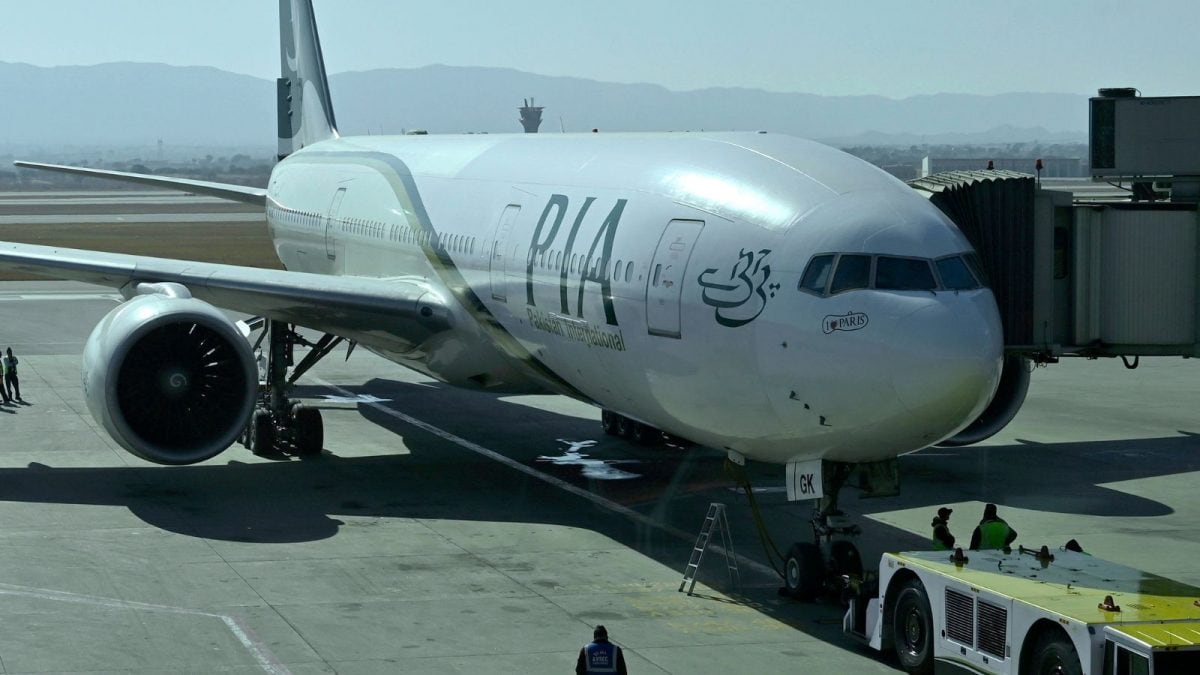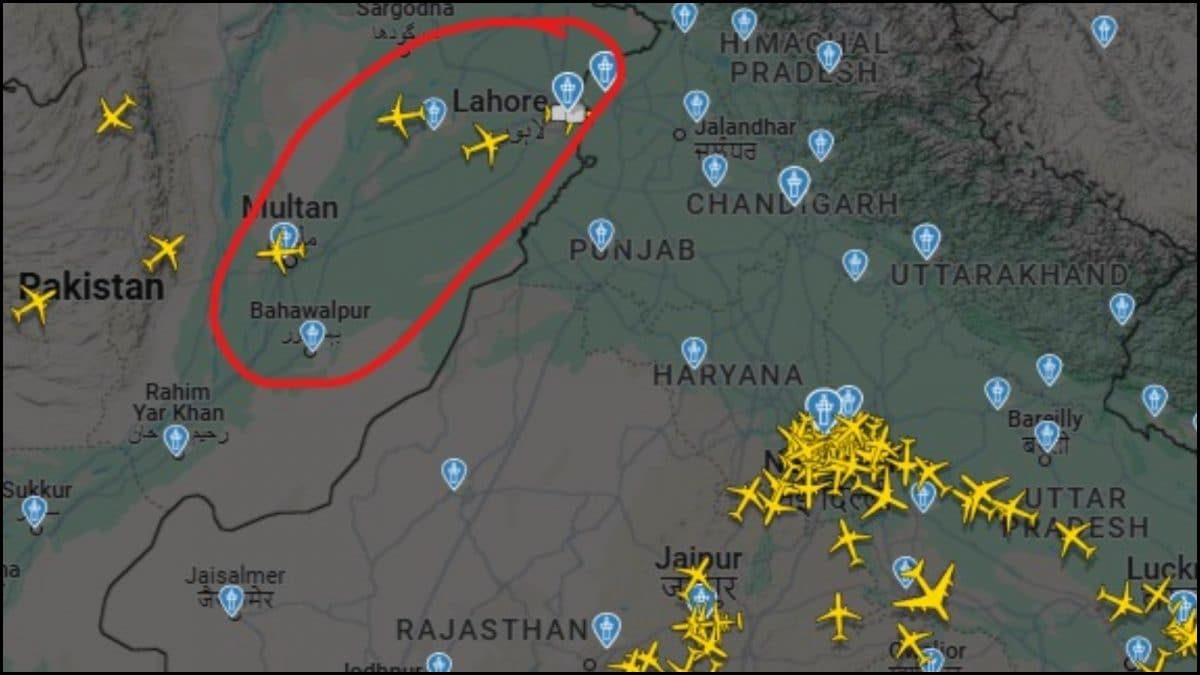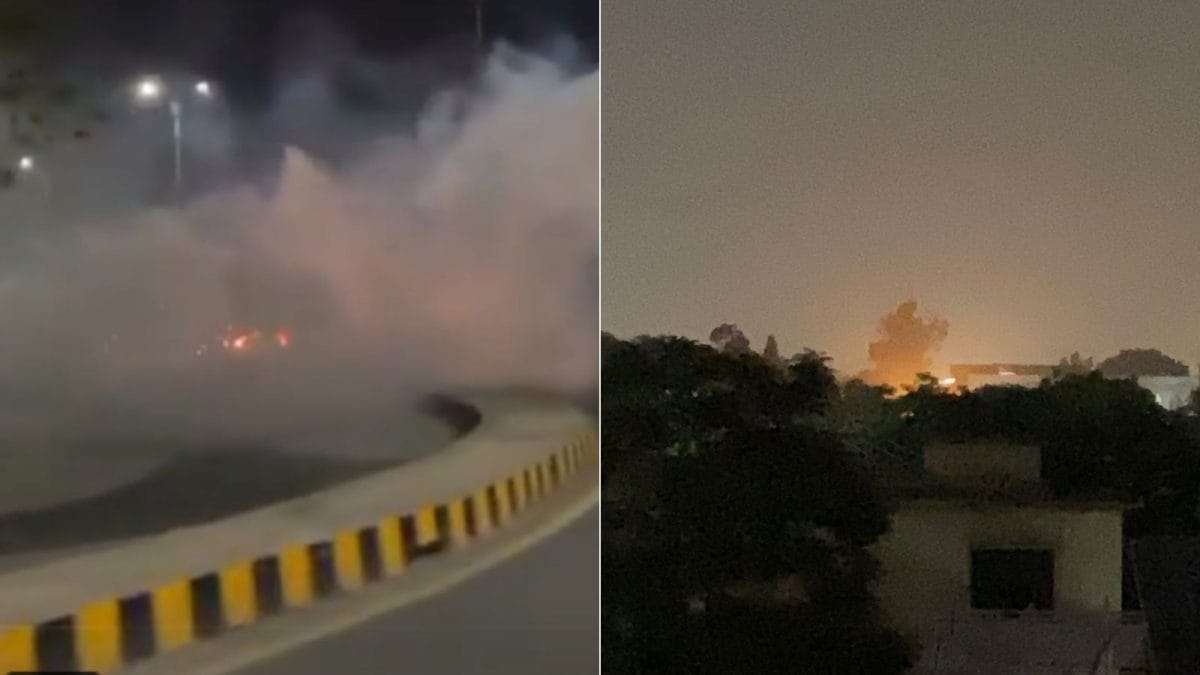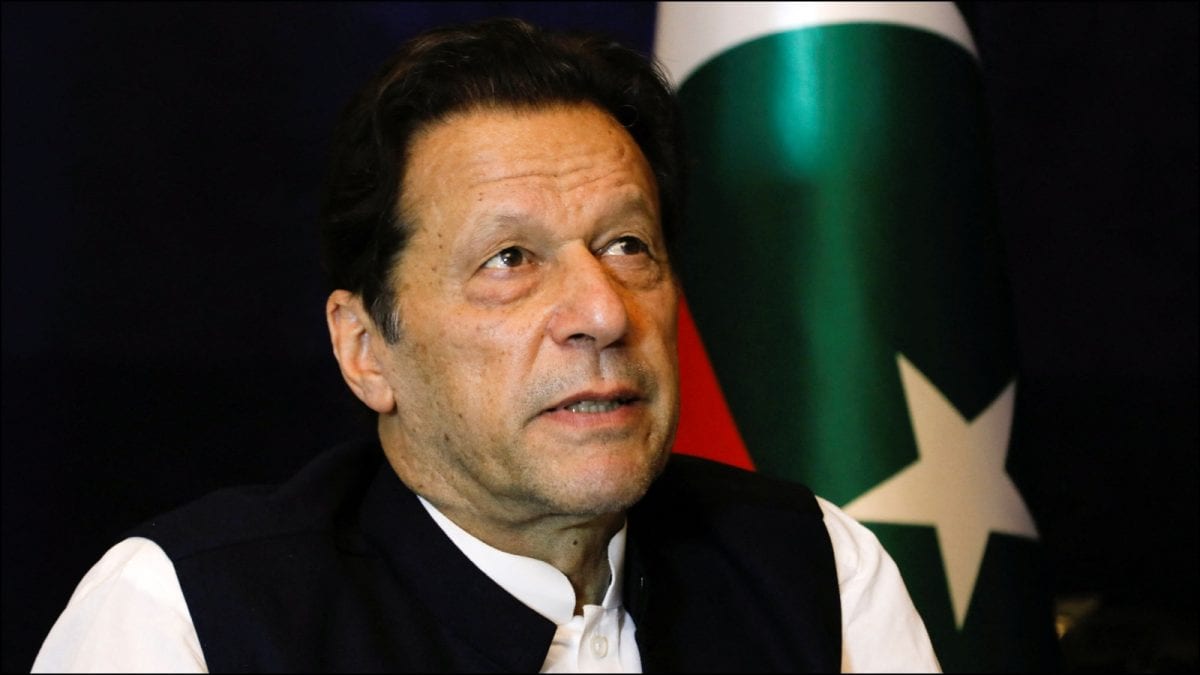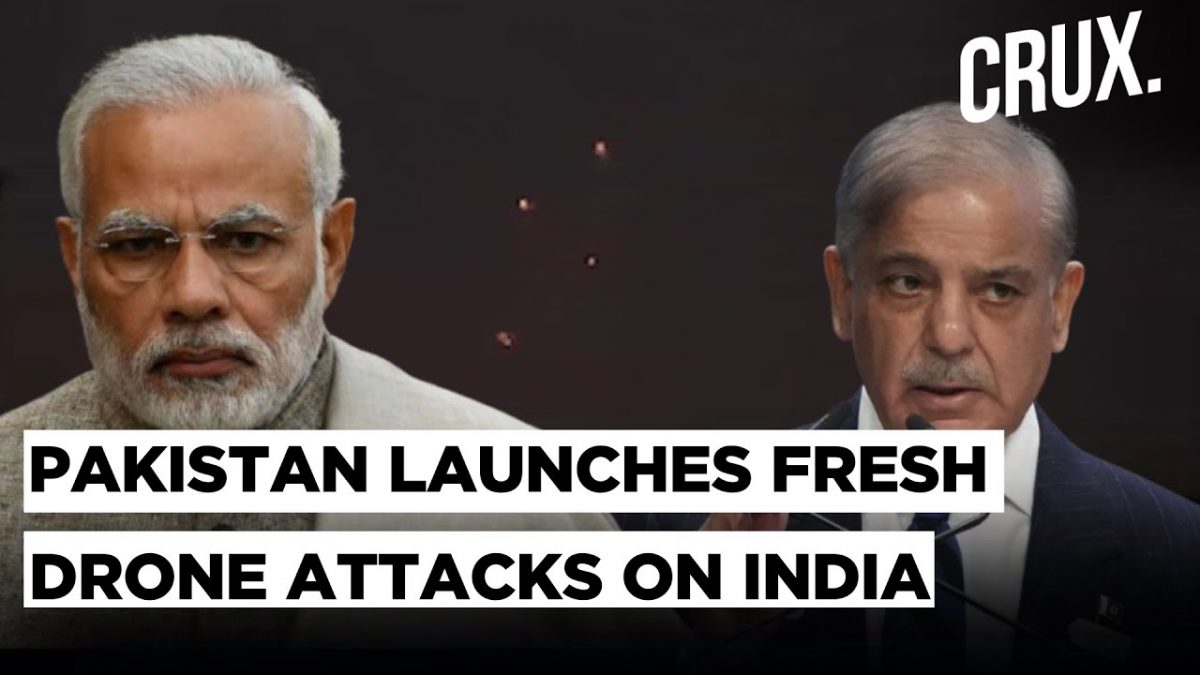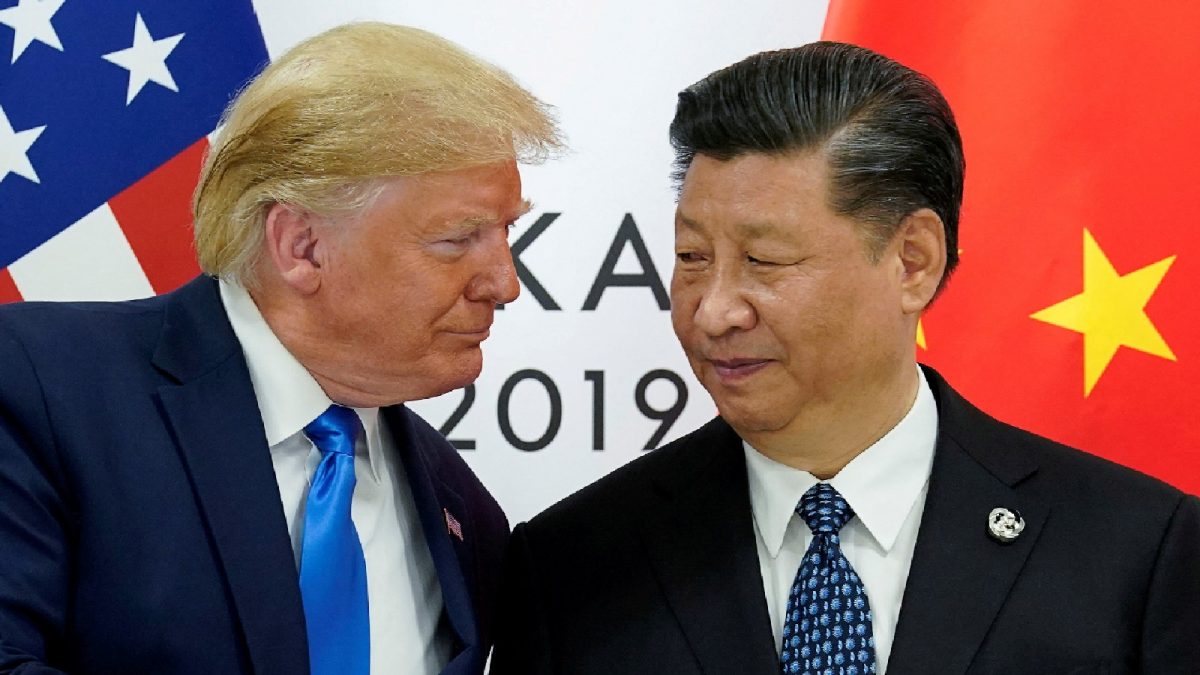Benjamin Netanyahu is expected to begin a four-day official visit to Hungary on Thursday, marking the first time the Israeli prime minister has stepped foot on European soil since the international criminal court issued an arrest warrant for him over allegations of war crimes in Gaza.
Hours after the ICC announced the warrants in November, Hungary’s prime minister, Viktor Orbán, made it clear he would defy the court to host Netanyahu, telling reporters that he would “guarantee” the ICC’s ruling would “have no effect in Hungary”.
Hungary has been a signatory of the ICC since the court was launched more than two decades ago, signing on to the requirement to arrest and hand over anyone facing a court warrant if they set foot in the country. In recent days, sources in Orbán’s government have reportedly floated the possibility of withdrawing from the court.
The visit takes place as Netanyahu has said Israel is “seizing territory” and intends to “divide up” the Gaza Strip two weeks after it ended a fragile ceasefire with renewed bombing and the deployment of ground troops across the besieged Palestinian territory.
It marks Netanyahu’s second trip abroad since the warrants were announced for him and his former defence chief, as well as for the Hamas leader Ibrahim Al-Masri. Israel has rejected the court’s accusations, describing them as politically motivated and fuelled by antisemitism.
In February, Netanyahu travelled to the US – which, like Israel, is not a member of the ICC – to meet Donald Trump. The US president seized on the visit to sign an executive order that sought to impose sanctions on the ICC over its investigations into Israel’s actions in the conflict, which began when Hamas attacked southern Israel, killing 1,200 people and taking 250 captive.
Since then, Israel’s retaliatory military campaign in Gaza has killed more than 50,000 people, the majority of them civilians, according to the territory’s health ministry.
Across the EU and its 27 members – all of whom are signatories to the ICC – the question of whether the warrants would be enforced has long been divisive. While states such as Spain, the Netherlands and Finland said they would uphold the warrants, Poland earlier this year mulled the possibility of Netanyahu attending the 80th anniversary of the liberation of Auschwitz, while Germany’s chancellor-in-waiting, Friedrich Merz, said last month he had promised to find a way for Netanyahu to visit Germany without being arrested.
When asked earlier this week about reports of Netanyahu’s visit, a spokesperson for the European Commission said all states should ensure “full cooperation with the courts including by the prompt execution of outstanding arrest warrants”, according to Politico.
Hungary’s decision to flout the court’s ruling has been criticised by rights groups.
In a statement, Erika Guevara Rosas of Amnesty said: “Prime Minister Netanyahu is an alleged war criminal, who is accused of using starvation as a method of warfare, intentionally attacking civilians and the crimes against humanity of murder, persecution, and other inhumane acts. Hungary’s invitation shows contempt for international law and confirms that alleged war criminals wanted by the ICC are welcome on the streets of a European Union member state.”
Human Rights Watch pointed to accusations Orbán has repeatedly faced of weakening democratic institutions and gradually undermining the rule of law.
“Allowing Netanyahu’s visit in breach of Hungary’s ICC obligations would be Orbán’s latest assault on the rule of law, adding to the country’s dismal record on rights,” said Liz Evenson of the organisation in a statement. “All ICC member countries need to make clear they expect Hungary to abide by its obligations to the court, and that they will do the same.”
In a statement to the Guardian, the ICC said member states had a legal obligation to enforce the court’s rulings and added that it was not up to parties but to the ICC “to unilaterally determine the soundness of the court’s legal decisions.”

 1 month ago
1 month ago


